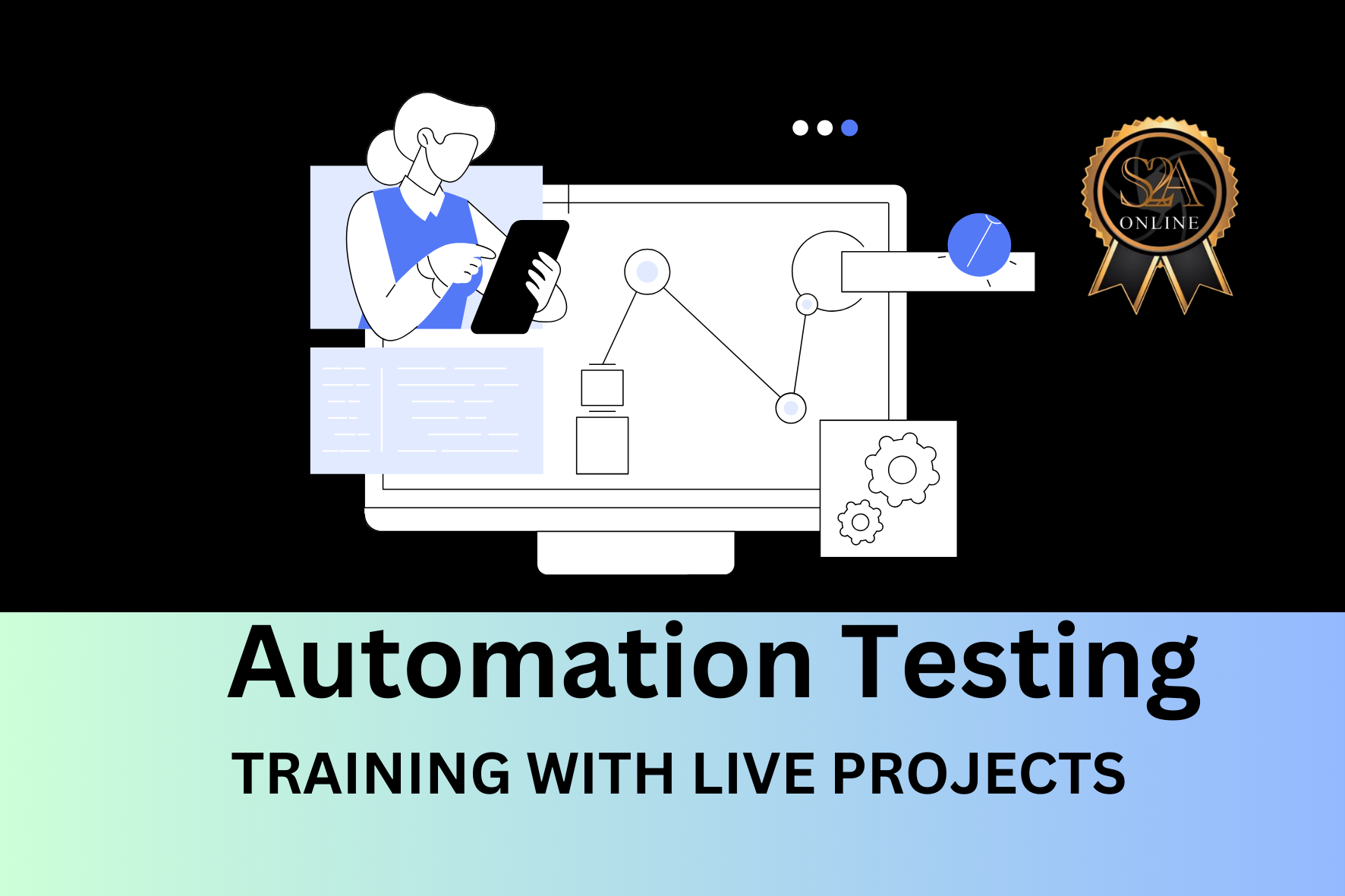Automation Testing

About Course
Automation Testing Program 2-Month
Enroll in our intensive 2-month Automation Testing Program and accelerate your journey towards becoming a proficient automation tester. This program is designed to equip participants with the essential skills and knowledge needed to excel in automated testing methodologies and tools. Through a combination of theoretical learning and practical hands-on experience, you will gain expertise in automation frameworks, scripting languages, and test automation best practices.
Classes Duration
- Weekend Session Duration ( 2 Months) 2 Sessions Per Week of 2 Hours
- Weekday Session Schedule ( 1 Months ) 4 Sessions Per Week of 2 Hours
Student Ratings & Reviews

No Review Yet
